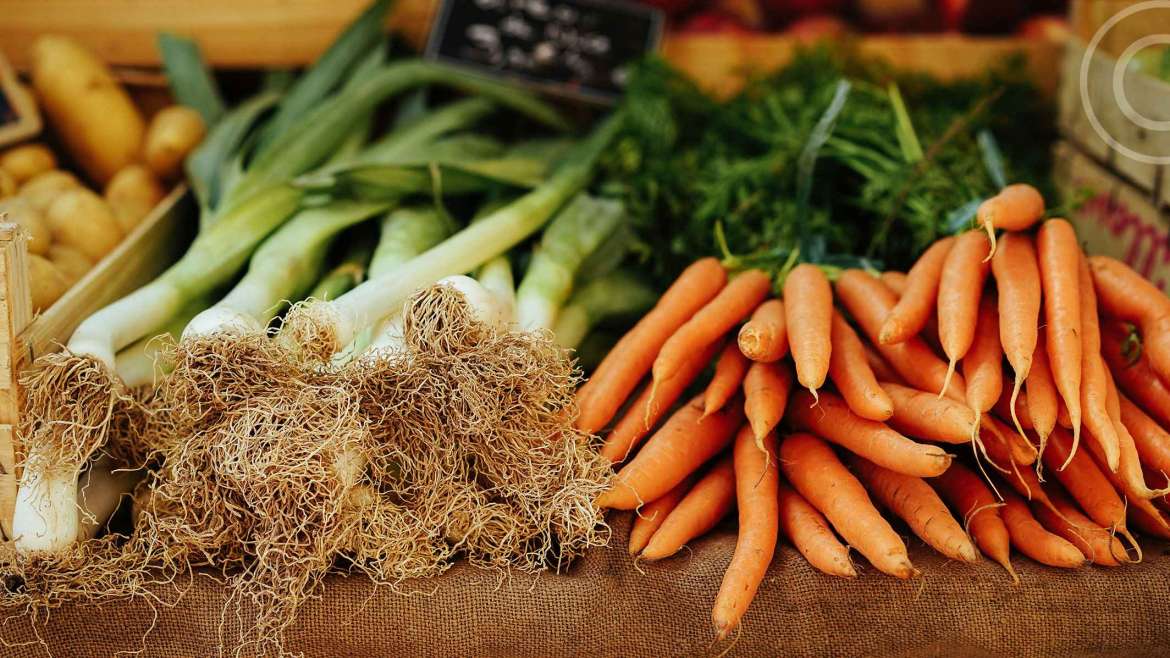Food may go through a lot on its journey to your plate, sometimes in ways that are not beneficial to your health. Some things may occur before food is even planted or harvested. For example, crops can be treated with pesticides and fertilizers or transformed through hybridization or genetic engineering. And then there are toxic substances that are added to food either intentionally as ingredients or inadvertently as contaminants while food is being processed. While pesticides and genetically engineered foods can be mostly avoided by choosing organic, it can be challenging to avoid toxins added to food during processing and packaging.
Researchers recently found almost two hundred chemicals of concern are used in food storage materials in the U.S.. Of these, I’ll focus this blog post on two types of chemicals: phthalates and bisphenol A (BPA), as well as its replacements. These chemicals are components in plastic wraps and food containers and give them flexibility and strength. They are also present in containers of small kitchen appliances like mixers, blenders, popcorn poppers, and water filtration pitchers.
So, how are these chemicals a concern for your health? One of the major issues is that they act as hormone disruptors, meaning they interfere with your body’s natural cycles. Studies have shown that some phthalates have been linked to feminization of male fetuses in women who had higher levels in their blood stream during pregnancy. BPA has been shown to increase susceptibility to breast cancer or to act as an obesogen, which means that children exposed to higher levels as fetuses are more likely to gain weight later in their lives than those exposed to lower levels. Please note that products labeled ‘BPA-free’ may have alternatives that have also been shown to be disruptive to hormone cycles.
So how do you avoid these chemicals in your diet? Several recent studies give some guidance both on ways to avoid them and how hard it can be to do so. Two of these studies tracked levels of BPA and phthalates in people’s urine before and during an intervention where they were asked to eat only unprocessed, unpackaged food. In one study, the levels of these chemicals dropped by more than half during the week they ate unprocessed food. In the other study, there were some sources of chemicals that they hadn’t expected and the reductions weren’t as successful. In another study, volunteers were asked to eat one serving of canned soup daily for five days. Their BPA levels went up by 1000% (e.g. a 10-fold increase) during that time.
Because problematic chemicals aren’t well regulated in our food and consumer products, such as the ‘BPA-free’ products containing replacements that can be as toxic as the original, I recommend using non-plastic alternatives for cooking and storage of food and water, like stainless steel, glass, and low-lead ceramic containers. Also, it’s a good idea to use mesh and canvas bags when buying produce and bulk foods and become a collector of glass jars (i.e. canning and food jars) for storage.
I have really enjoyed reading other posts in this month of unprocessed adventures. In the spirit of sharing a “recipe” as others have done, I offer these simple steps for reducing your exposure to toxins in food, whether they were added during processing, packaging, or from environmental contamination:
Avoid processed and packaged food, including canned foods and beverages.
Choose organic food whenever possible to reduce exposure to pesticides.
Cook and store food in stainless steel, glass and ceramic and avoid plastic containers and nonstick pans.
Minimize consumption of animal fats (meat, cheese, and butter), as they accumulate toxins like PCBs and dioxins.
Avoid char on food (yup, even in barbecue), since it’s highly carcinogenic.

